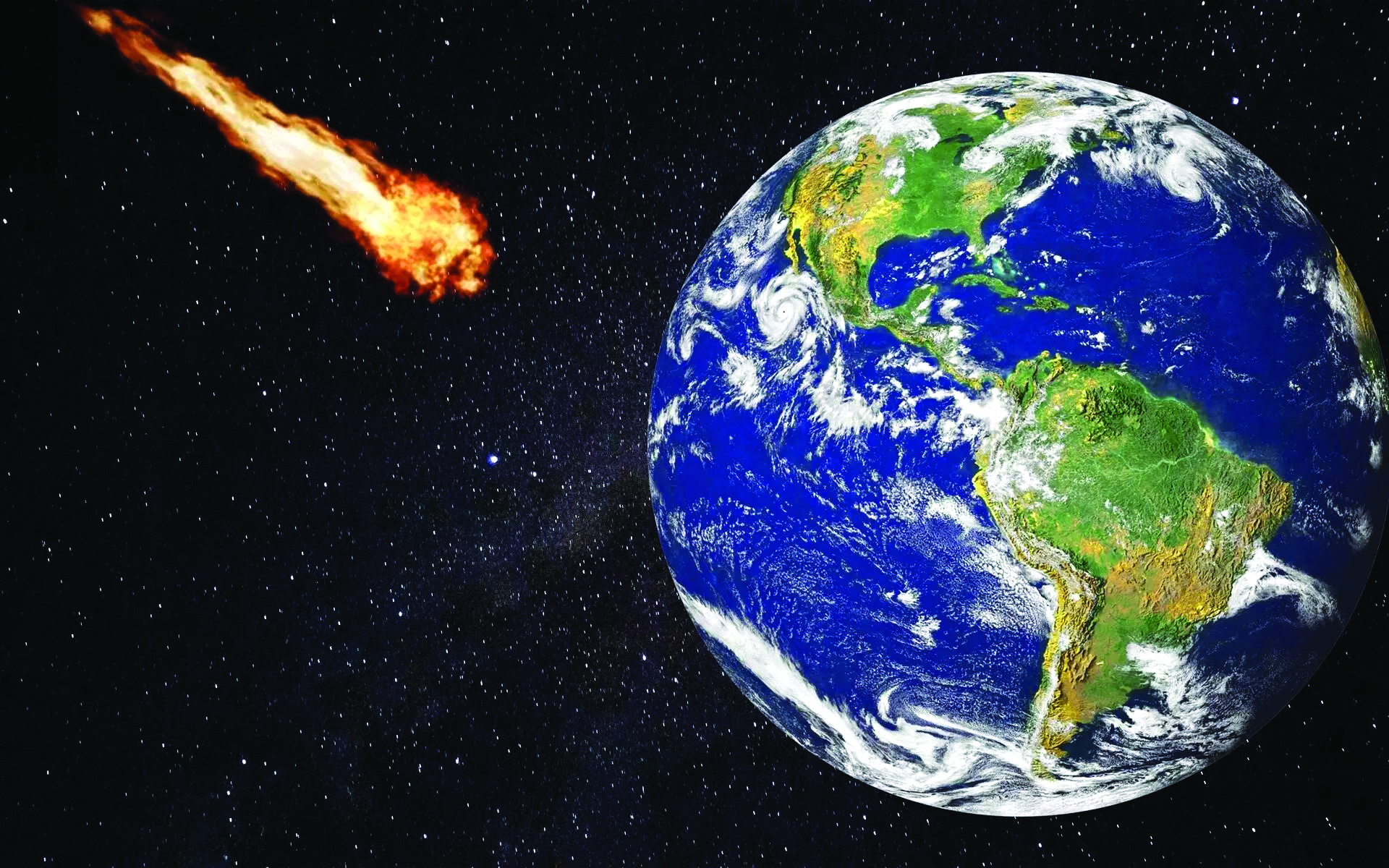Meteorite and volcanic particles may have driven origin of life on Earth: Study

New Delhi: Particles from meteors or volcanic eruptions on Earth around 4.4 billion years ago may have generated the precursors of the molecules needed for the origin of life on the planet, according to a study.
Previous research has suggested that the precursors of organic molecules hydrocarbons, aldehydes and alcohols may have been delivered by asteroids and comets or produced by reactions in the early Earth’s atmosphere and oceans.
These reactions may have been promoted by energy from lightning, volcanic activity, or impacts. However a lack of data has meant that it is unclear what the predominant mechanism that produced these precursors was.
The new research, published in the journal Scientific Reports, analysed whether meteorite or ash particles deposited on volcanic islands could have promoted the conversion of atmospheric carbon dioxide to the precursors of organic molecules on the early Earth.
The researchers from Max Planck Institute for Astronomy in Germany simulated a range of conditions that previous research has suggested may have been present on the early Earth by placing carbon dioxide gas in a heated and pressurised system (an autoclave) under pressures ranging between nine and 45 bars and temperatures ranging between 150 and 300 degrees Celsius.
They also simulated wet and dry climate conditions by adding either hydrogen gas or water to the system.
The team mimicked the depositing of meteorite or ash particles on volcanic islands by adding different combinations of crushed samples of iron meteorites, stony meteorites, or volcanic ash into the system, as well as minerals that may have been present in the early Earth and are found in either the planet’s crust, meteorites, or asteroids.
The researchers found that the iron-rich particles from meteorites and volcanic ash promoted the conversion of carbon dioxide into hydrocarbons, aldehydes and alcohols across a range of atmosphere and climate conditions that may have been present in the early Earth.
They observed that aldehydes and alcohols formed at lower temperatures while hydrocarbons formed at 300 degrees Celsius.
The researchers suggest that as the early Earth’s atmosphere cooled over time, the production of alcohols and aldehydes may have increased.
These compounds may then have participated in further reactions that could have led to the formation of carbohydrates, lipids, sugars, amino acids, DNA, and RNA, according to the researchers.
By calculating the rate of the reactions they observed and using data from previous research on the conditions of the early Earth, the researchers estimate that their proposed mechanism could have synthesised up to 600,000 tonnes of organic precursors per year across the early Earth.



